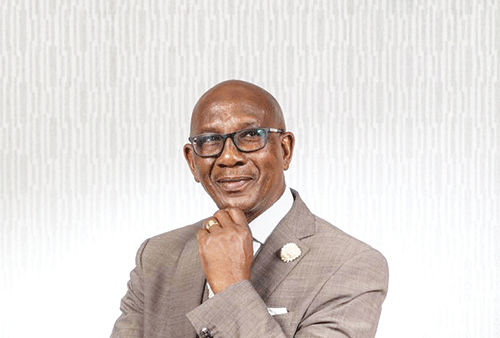OSHAKATI – Secretary to Cabinet George Simataa said State-owned enterprises should serve the government interests, and contribute to the achievement of national developmental objectives.
Simataa made the remarks during the Public Enterprises CEOs Forum, held in Oshakati on Wednesday, saying SOEs are government institutions – and in the case of Namibia, they are owned by the government, and their role is to represent the government in commercial endeavours.
Simataa said most recently, the government introduced generally-accepted principles of corporate governance.
It streamlined the legal framework, reviewed guidelines and established policy frameworks and directives.
“All these were introduced to transform public enterprises into effective and efficient agents for the implementation of our national development plans (NDPs), which are essential to the achievement of our Vision 2030,” he said.
He added that the government, through its implementing arm the public service, has an obligation to deliver certain services to the citizens of this country.
Such services include but are not limited to education, energy, health, public safety, transport, water, welfare and housing on a massive scale.
Moreover, the government can decide to render these services, or allow its SOEs to discharge such functions on their behalf.
In addition to assisting government in service delivery, Simataa noted that some of the reasons for establishing SOEs could be as follows: employment-creation, creating an essential industry, keeping prices under control, control over an industry, developing self-reliance, and serving national interests.
Furthermore, SOEs have an obligation to work in collaboration with the government.
Working in isolation and in silos have proven not to yield good results in the past.
“It should be important to note that our sovereigns, the citizens of this country, do not care which institution has delivered poor public services.
To them, it is the government that has failed them and is responsible for the poor results – and not an individual State-owned enterprise or some O/M/A (government office, ministry or agency),” he added.
-Nampa


